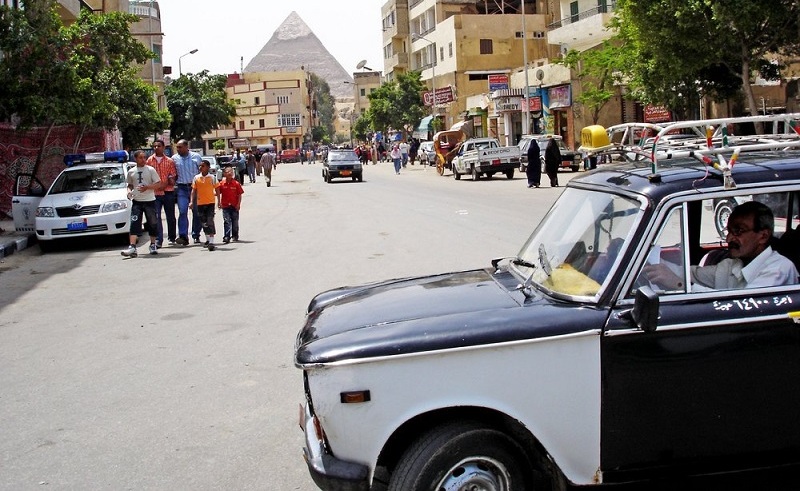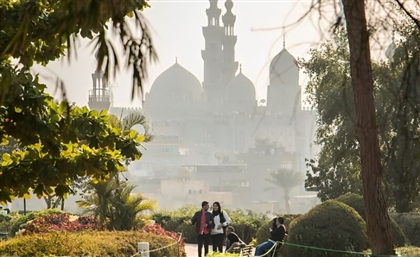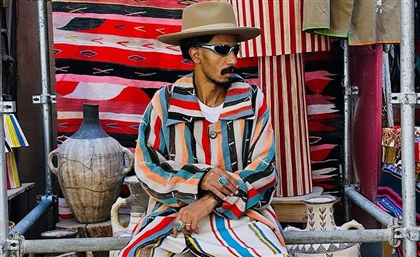45,000 Black and White Taxis in Cairo Have Been Recycled
Taxis that have been roaming the streets for 20 years or more will no longer be allowed to operate, according to a 2008 traffic law.

In a report published by the World Bank, Egypt's Scrapping and Recycling Vehicles Programme has been announced a success thus far, with 45,000 old taxis turned in by Egyptian drivers for recycling.
The programme was initiated by the government as a move to decrease the harmful gases emitted from old cars, and to improve taxi drivers' livelihood.
The government purchases the old taxis from the drivers, then recycles or safely disposes the vehicle parts – like tires, oils and batteries. In exchange, the taxi drivers receive a new model from the government, replacing their old taxis.
The new car models run on Compressed Natural Gas, which is environmentally-friendly and produces minimal greenhouse gas emissions.
In addition to combating pollution, the programme is also financially benefiting the taxi drivers, since the upgraded vehicles have improved steering mechanisms and less gas consumption.
"My new taxi enabled me to work longer hours and make more money," a Cairene taxi driver, 38, told Shorouk News. "Thanks to my greater income, I could save the money I needed to buy a home, rather than living in a rental. This has been a lifelong dream of mine."
Taxi drivers were negatively impacted by the 2008 law which required public transportation vehicles older than 20 years to renew their models.
The funding of the programme comes from the World Bank on a Carbon Partnership Facility (CPF) agreement; this means that the amount funded will depend on how well the programme is doing and the results that it yields.
In addition, other countries are also indirectly funding the programme through the United Nations Framework Convention on Climate Change (UNFCCC), which puts a limit on how much greenhouse gases a country is allowed to emit; if they exceed that limit, then they'd have to purchase a certified emission reduction registered with the UNFCCC. That money, then, goes to Egypt's recycling programme. Denmark and Spain are also undergoing similar carbon programmes with the World Bank.
Since the project has been successful, the Egyptian government is planning on implementing the same project in other governorates of Egypt.
The Egyptian Ministry of Environment has been trying to work ways to reduce air pollution by 50 percent, by implementing stricter rules to factories and vehicles which emit harmful gases. According to World Bank, carbon dioxide emissions in Egypt have decreased by 310,000 tonnes in the years between 2013 and 2017. The World Bank is forecasting the decrease to reach 350,000 tonnes by the end of this year.
Trending This Week
-
Apr 10, 2024
-
Apr 10, 2024
























